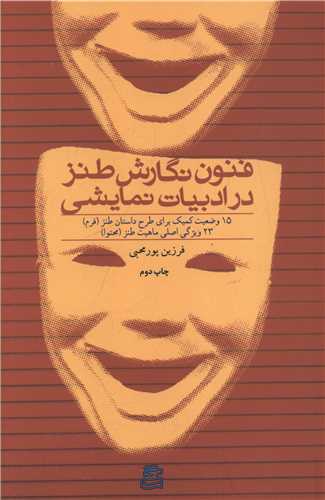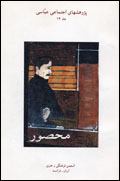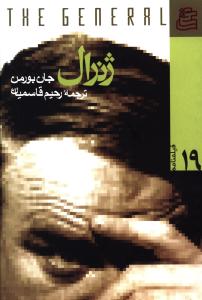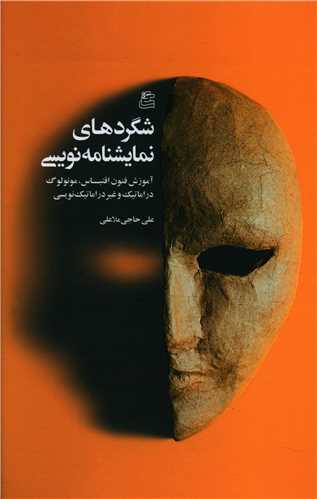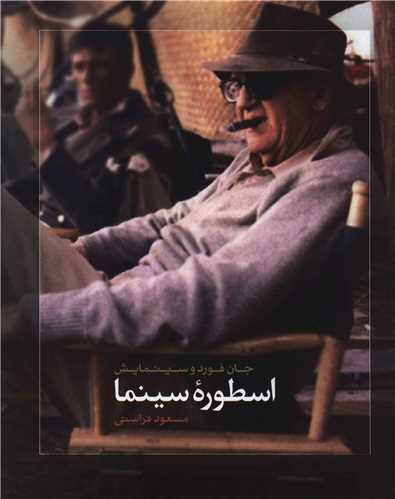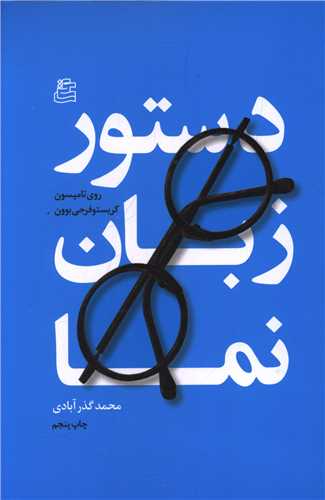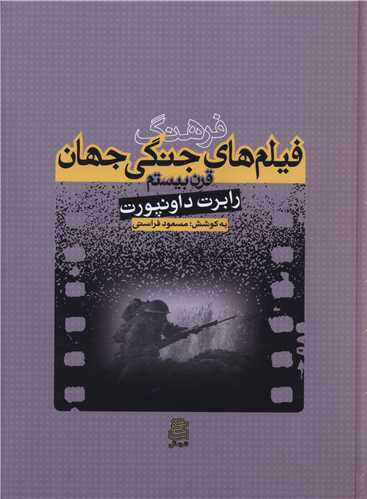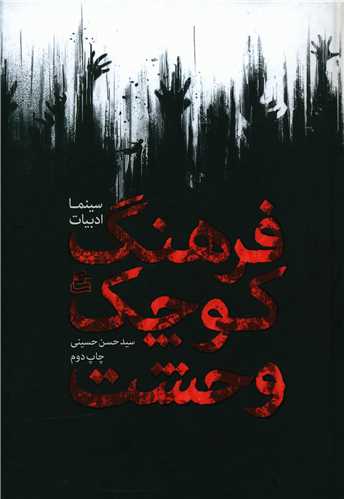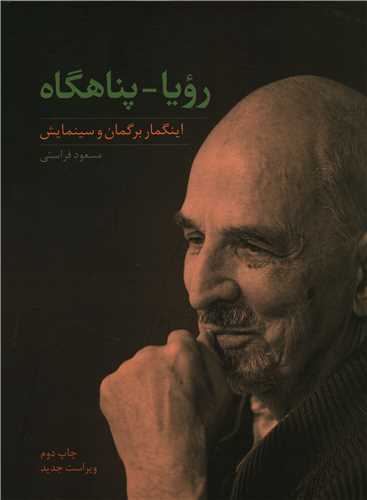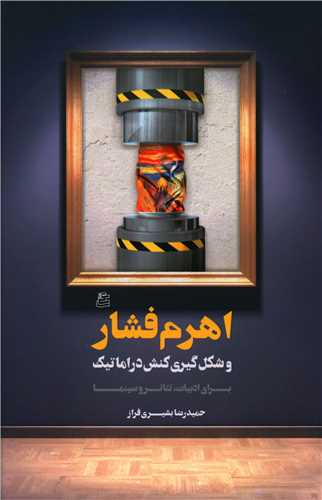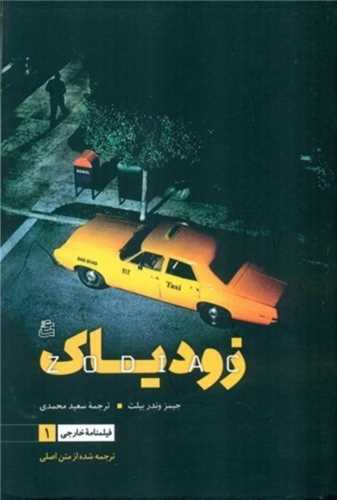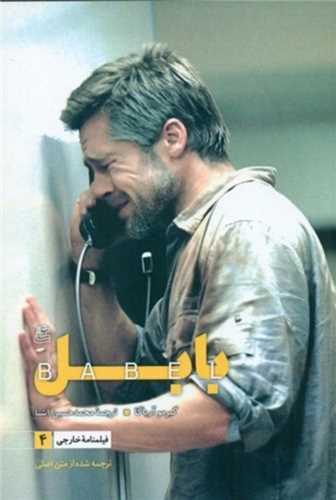Funūn-i Nigārish-i Ṭanz dar Adabīyāt-i Namāyishī: Persian 2018
فنون نگارش طنز در ادبیات نمایشی
15.68 $
Share
Wishlist
Ten people who witnessed a certain event recount it. However, according to the worldview, sensitivities, and importance that they attach to themselves, each person emphasizes and dims a part of this incident or changes the sequence of events to their taste, even deleting and adding. In the end, ten different narratives are formed from a single event. Usually, a narrative that makes the audience - without yawning - want to follow its events, is called a dramatic narrative. Whenever the audience, while following the events, also laughs a lot at them, there is no doubt that dramatic humor has been created; Of course, these dramatic narratives, especially in the field of humor, are not careless, and they have their customs and principles, the sum of which can be called "humor writing techniques in dramatic literature". In this way and considering these few lines, it can be acknowledged (at least I come to this conclusion) that any event can be turned into a work of humor according to the type of look and the angle of the narrator's entry into that event, and that too as imagined It is possible that the nature and content of an event has no effect on the formation of the comic effect, and if it does, it will be more to the extent of sweetening the events and better inducing some concepts and messages. As a result, if the satirist wants, he can draw humor from any event. Of course, provided that he knows the way.
more
ده نفر که شاهد وقوع اتفاق خاصی بودهاند، آن را بازگو میکنند. اما هر کس با توجه به جهانبینی، حساسیتها و اهمیتهایی که برای خود قائل است بخشی از این حادثه را پررنگ و کمرنگ کرده یا ترتیب وقایع آن را به سلیقهی خود تغییر داه، حتی حذف و اضافه مینماید. در نهایت ده روایت مختلف از یک اتفاق واحد شکل میگیرد. معمولا به روایتی که مخاطب را - بدون کشیدن خمیازهای- مایل به پیگیری وقایع آن نماید، روایت دراماتیک میگویند. هرگاه هم مخاطب، ضمن پیگیری وقایع، یک دل سیر نیز به آنها بخندد، بدون شک طنز دراماتیک خلق شده است؛ البته این روایتهای دراماتیک بالاخص در زمینهی طنز، بیحساب و کتاب نیستند و برای خودشان آداب و اصولی دارند که مجموع آنها را میتوان با عنوان «فنون نگارش طنز در ادبیات نمایشی» نامگذاری کرد. بدین ترتیب و با در نظر گرفتن همین چند سطر، میتوان اذعان داشت (حداقل خودم چنین نتیجه میگیرم) هر رویدادی با توجه به نوع نگاه و زاویهی ورود راوی به آن رویداد، قابلیت تبدیل به یک اثر طنز را دارد و آن چنان هم که تصور میشود ماهیت و محتوای یک رویداد در شکلگیری اثر طنز تاثیری نداشته و اگر هم داشته، بیشتر در حد شیرین کردن وقایع و القای بهتر برخی از مفاهیم و پیامها خواهد بود. نتیجه آن که اگر طنز نویس بخواهد، از هر رویدادی میتواند طنزی بیرون بکشد. البته به شرط آنکه راه و روشش را بلد باشد.
more

